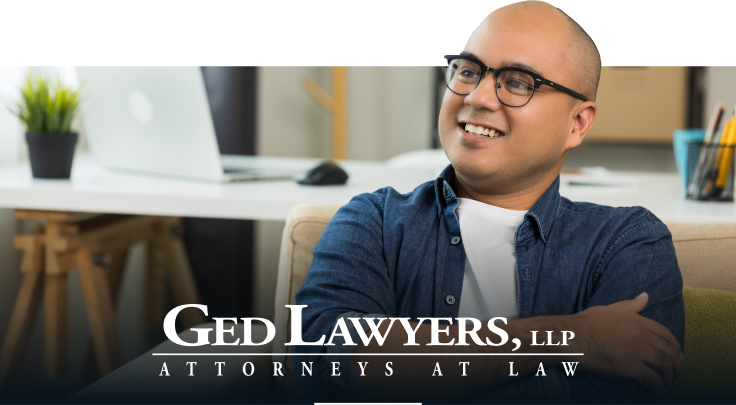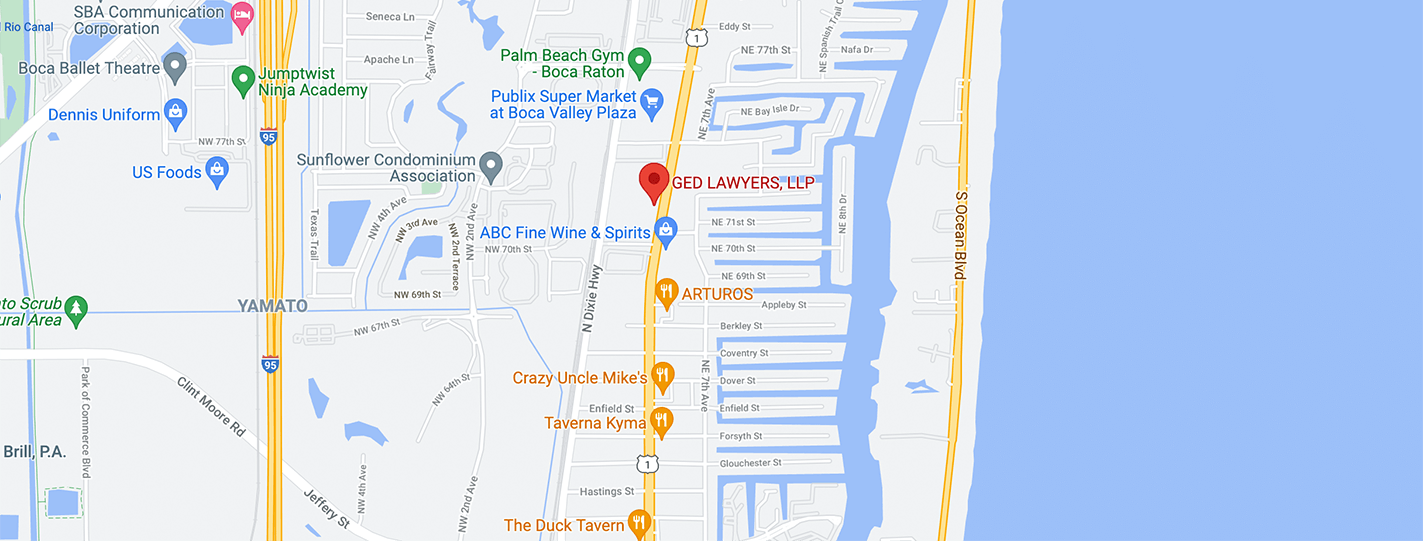
If you’ve suffered an injury in a slip and fall accident on someone else’s property, you may be entitled to receive compensation if a dangerous condition on the property caused the fall. However, no matter how airtight you think your case is, the insurance company will do everything in its power to avoid giving you what you deserve. The most common application of this defense is liquid on the floor of a retail location. Just because there’s something on the floor, by itself, is not enough. A landowner isn’t liable if something spilled immediately before a fall, since the retailer had no opportunity to find and correct the condition.
There are many legal slip and fall defenses that property owners, insurance providers, and their lawyers can use to fight your claim. This means you need an experienced slip and fall attorney to help you contend with their arguments. Slip and fall cases are incredibly fact-specific, so it’s essential that you partner with an experienced professional to navigate the complex rules involved in this area of law.
1. The Situation Was Obvious to a Reasonable Person

One defense the insurance company may raise is that the dangerous situation that was responsible for your accident was “open and obvious.” This means that a reasonable person would have noticed the potential danger and avoided it.
Under Florida law, property owners have a responsibility to keep premises reasonably safe and must warn visitors of dangerous conditions that aren’t readily apparent. However, visitors also have a duty to recognize open and obvious dangers and take prudent steps to safeguard themselves from harm.
If you’re injured by open and obvious danger, the property owner may argue that they didn’t breach their duty to warn you about the condition, since a reasonable person would have noticed it. However, if the condition constituted a violation of the owner’s duty to use reasonable care in maintaining safe premises, you may be able to overcome this defense.
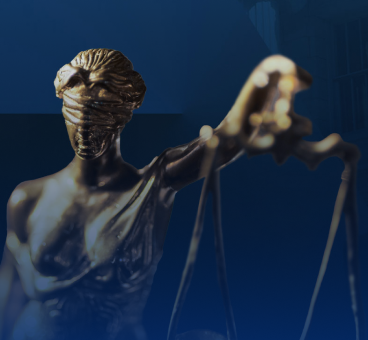
2. The Fall Was Your Fault, Not the Property Owner’s
Another common slip and fall defense that insurance companies rely on is arguing that the accident was your fault and therefore wasn’t caused by a dangerous condition on the property. For example, the property owner is typically not at fault if you trip and fall because of an untied shoe or intoxication caused you to trip over your own feet.
Additionally, under Florida’s comparative negligence law, the compensation you recover can be reduced by a percentage relative to the amount of blame you have in causing the accident. If you’re found to be 20% at fault for your injuries, you can only recover 80% of your damages from the property owner.
3. The Property Owner Wasn’t Aware of the Danger Prior to Your Accident
Insurance companies may also try to get out of paying for your injuries by arguing that the property owner didn’t know about the danger before your accident. Because property owners are generally only liable for injuries caused by dangerous conditions that the owner knew or should have known about, a common defense is to claim the owner wasn’t aware of the danger.
For property owners to be liable for injuries caused by dangerous conditions on their premises, they must have had prior knowledge about the danger before your accident. If they weren’t aware of the condition, they can still be liable if they should have known about the danger, but failed to reasonably inspect and/or maintain the premises.
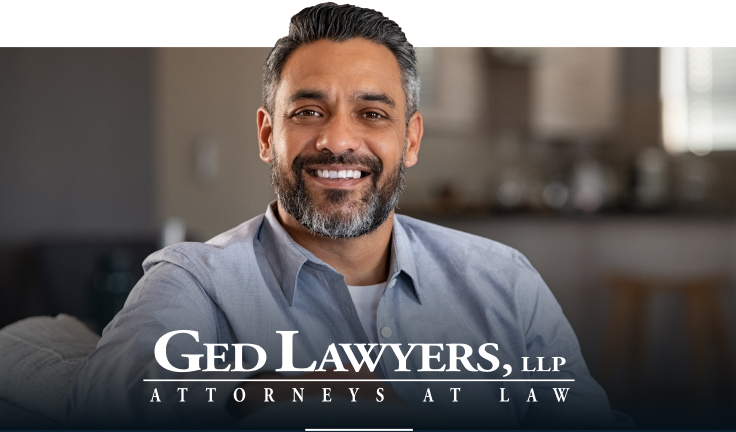
4. You Were Clearly Aware of the Danger, but Assumed the Risk
Yet another argument that may be introduced in a slip and fall case is that you knew about the danger, but assumed the risk anyway. If you were aware of a hazardous condition, under the legal doctrine of “assumption of risk,” you might not be able to receive compensation for injuries you incurred by voluntarily exposing yourself to a known danger.
By using this argument, the defense can contend that you subjected yourself to an open and obvious risk or a danger the property owner warned you about, thereby accepting the possibility of injury by choosing to expose yourself to the hazard. In Florida, this defense doesn’t usually result in the injured person receiving no compensation at all. However, it’s often used to assign a more significant portion of the blame to the injured party, reducing the amount of money they receive from the property owner under Florida’s comparative fault laws.
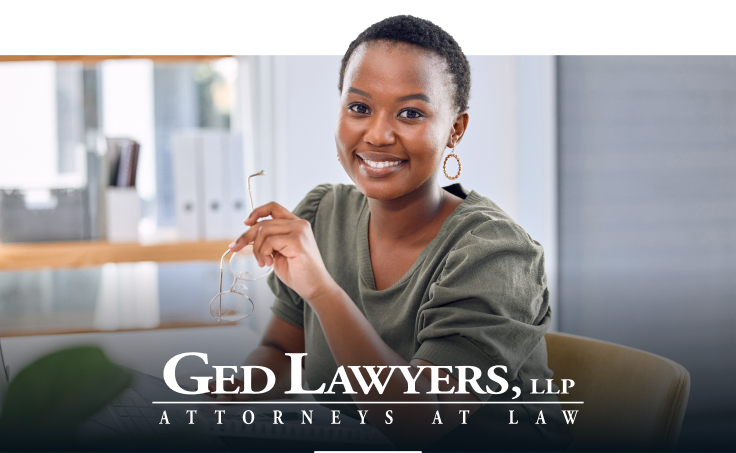
5. The Property Owner Didn’t Have Control of the Situation, While You Did
Finally, let’s say you’re a tenant suing your landlord for an injury sustained on their rented property. In these types of cases, the insurance company almost certainly argues that the landlord can’t be responsible for the accident because you were in control of the property at the time you fell. This argument means, as the tenant, you had the right to control the property, and therefore, also had the duty to safely maintain the premises.
However, there are limits to this defense. For example, if the injury occurred in a common area or was caused by a known hazard that your landlord failed to repair, they can still be liable for their actions. The division of responsibilities between landlords and tenants is often murky, but an experienced Florida lawyer can help you determine whether your landlord breached a duty that contributed to your accident.
How a Personal Injury Attorney Can Help
If you’ve been involved in a slip and fall accident, the knowledgeable personal injury attorneys at Ged Lawyers can help you fight these defenses and hold the property owner accountable. The insurance company and its team of lawyers will focus all their efforts on wriggling out of paying you the compensation you’re owed. To get what you deserve, it’s vital that you have a slip and fall lawyer on your side who knows how to defeat their arguments.
At Ged Lawyers, our skillful personal injury attorneys have successfully represented Florida slip and fall victims since 1995 and are known for winning fair compensation for our clients. Our team is ready and eager to answer your questions and advise you of your legal rights. Contact our office at 844-443-3529 or online to arrange a free review to discuss your case.
